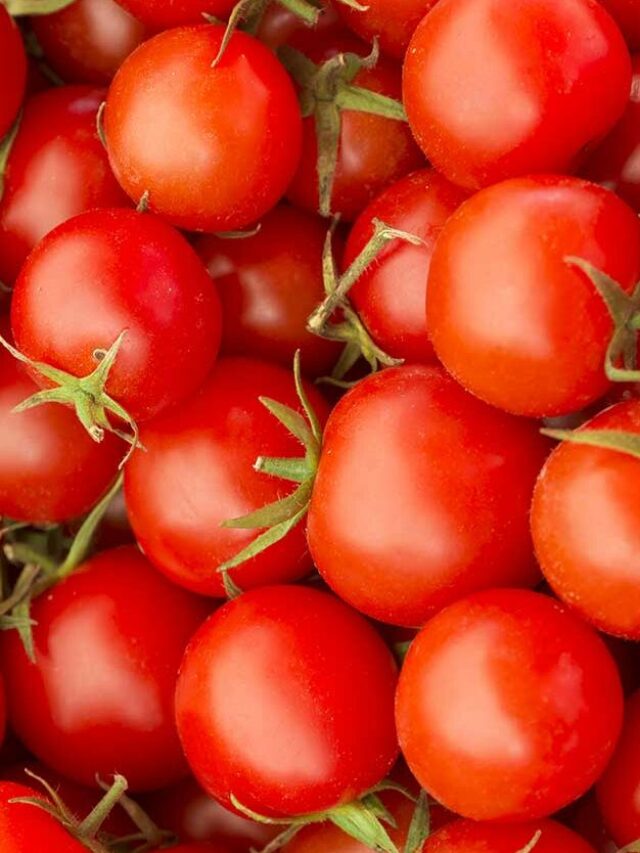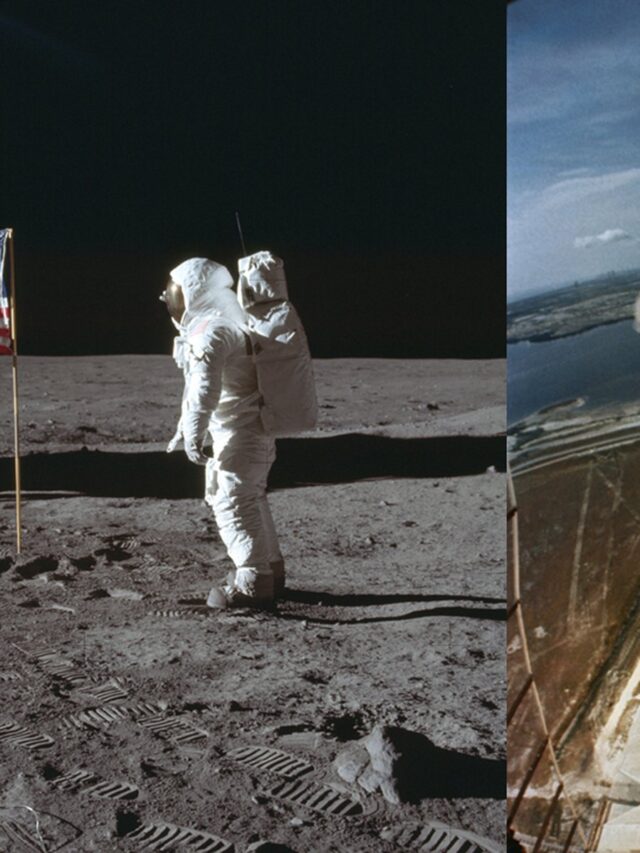The human body is a complex machine. Just like every other organism, our bodies perform some vital life functions as a synthesis of energy, excretion of waste, reproduction of offsprings, and basic exchange of gases.
All living organisms accumulate matter by the process of ingestion of food. This matter then develops into muscles, tissues, and organs that perform their functions to keep us alive. With time, these organs may need more care and attention so that they work at their best.
Doctors from the best cardiology hospitals in Bangalore tell us that the heart is one such organ that becomes weak with age. Other organs that need care are the lungs, kidneys and in some cases eyes.
FACTS THAT WOULD BLOW OUR MINDS
The body is not as simple as it seems. Evolution has given us more intelligence and that memory is stored in our DNA. When a human being is developing in the fetus, the body develops the important organs, and never does it make a mistake.
All the organs of the body have specific roles to perform and none can be replaced or live without. For example, the brain is the controlling system, the heart is in charge of pumping blood to and from the other body parts, the bones make up the skeleton, the sense organs give us a peek into the outer world, and so on.
Some unknown and unusual facts to know about the human body are as follows:
- The circulatory system of the body is made of arteries, veins, and the heart. Together, the arteries and the veins form the blood vessels that are in charge of transporting pure or oxygen-rich blood and impure or oxygen-deficient blood in the body.
These blood vessels cover each and every single part of the body. Research by the professionals from the best cardiology hospitals in Bangalore tells us that the blood vessels account for about 96000 km of length if taken all together.
- If one is to stop eating food, one may die within a few weeks. Without water, dying would be even quicker and would take about a few days. But the most important thing to not lose is sleep. Sleeping gives our minds the needed rest and allows us to stay calm. Without sleep, a person may die in a matter of 2-3 days.
- The muscles form a large part of the body. Most muscles are found in the legs, arms, and other areas around them. A weird thing to know is that our tongue is made up of the strongest muscles, and the jawbone is made from the strongest bone.
- Our stomach is an important organ of the digestive system. It is in charge of digesting the food we eat. The food is digested in various steps that are physical as well as chemical.
The stomach lining also secretes hydrochloric acid in some amounts to help dissolve and break down complex proteins. This acid is one of the strongest acids in the world and can even dissolve a razor blade.
- The human body quickly evolves, new cells are produced and the older cells are removed. In a matter of a few months, every single cell in the body is regenerated or replaced. This is true for all body parts except for one. Teeth are the only part of the body that cannot recover.
- The nose is the least developed sense organ in human beings. We cannot even differentiate the smell from taste and our brain associates the two together. In spite of that, human noses can smell and differentiate between 50000 scents.
We also relate various memories from a smell. Another fact to know is that women’s sense of smell is better evolved than men’s.
Our body functions at a specific temperature range that is about 37 degrees celsius. This temperature must be maintained because many chemical processes that take place in the body must require a specific temperature for execution.
The laws of physics tell us about the radiation of heat from someone’s body with some temperature. On average, a human body gives off enough heat in 30 minutes to boil half a gallon of water.
- Every person carries a unique smell, which is mostly the strongest near the head. Animals are even attracted to their mates by the smell of their partners. Only identical twins smell exactly the same.
- Human beings have evolved but our DNA is very similar to some other organisms. Surprisingly, we share 98.4% of our DNA with a chimpanzee and 70% with a slug.














